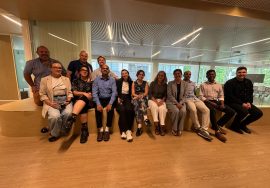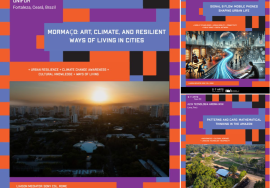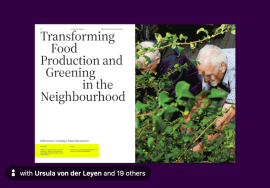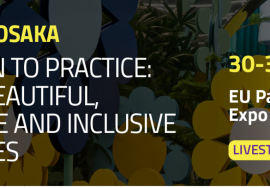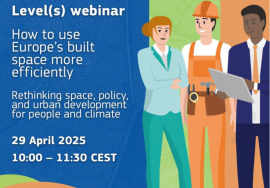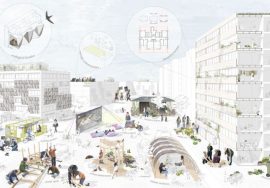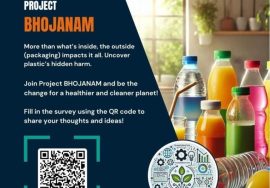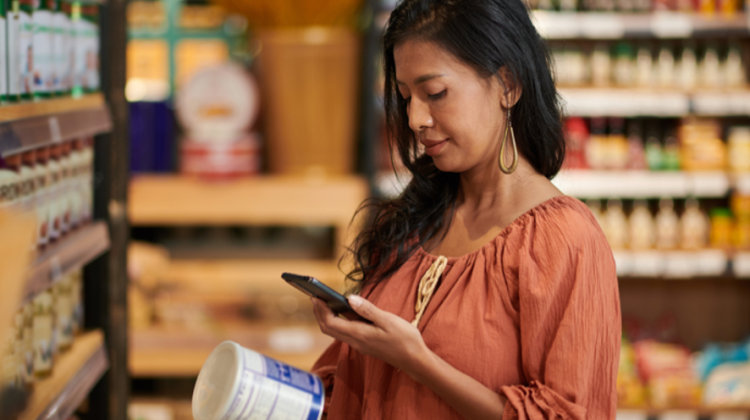
Digital Tools, Personal Touch: How STARHAUS and EU-Backed Innovation Are Reshaping What – and How – We Buy
Smartphones, sensors and artificial-intelligence assistants are no longer novelties; they are the silent infrastructure of modern life. Yet their real power lies not in novelty but in their capacity to close the gap between individual desire and collective need. Two recent European initiatives—one centred on hyper-personalised products, the other on evidence-based green purchasing—show how digitalisation can deliver both convenience and sustainability.

STARHAUS: personalisation with a purpose
Funded under Horizon Europe, STARHAUS is testing whether citizens will embrace custom-made fast-moving consumer goods (FMCGs) when the design and manufacturing process is driven by data, community co-creation and circular-economy principles. The consortium’s vision is decidedly local: small, decentralised production hubs that use advanced human-machine interfaces to craft everything from pet food to breakfast cereals on demand. By merging artistic creativity with engineering know-how—an approach inspired by the New European Bauhaus—the project hopes to prove that personalisation need not come at the planet’s expense. Current use-case pilots span four product categories and invite residents, urban makers and manufacturers to co-design prototypes. To widen the talent pool, STARHAUS has opened cascade-funding calls for artists, technologists and community businesses, with the next deadline set for 27 January 2025. starhausproject.euncpflanders.be
Guiding green choices through smarter apps
While STARHAUS tackles what we consume, the EU-funded 3-CO project focuses on how we choose. Its March 2025 report, Guiding Green Choices: How Digital Tools Support Sustainable Consumption and the EU Bioeconomy, distils hundreds of surveys and focus-group sessions into a simple insight: consumers want sustainability information that is trustworthy, specific and in the palm of their hand. Effective solutions, the researchers found, combine offline functionality (for supermarket aisles with spotty Wi-Fi), AI-powered label recognition, vibrant peer communities and personalised recommendations. In other words, an ideal shopping assistant should scan an eco-label, decode the claims behind it, and suggest alternatives that better match the shopper’s budget, ethics and lifestyle. The team is already beta-testing an app that does exactly that and will showcase it during an April 2025 webinar alongside sister projects such as BioReCer. Renewable Carbon
The regulatory turbo-boost: Digital Product Passports
Innovation is catching a tail-wind from legislation. Under the Ecodesign for Sustainable Products Regulation, most goods placed on the EU market will carry a Digital Product Passport (DPP) starting in 2024. Each passport stores a product’s origin, materials, repair instructions and end-of-life options—accessible through a simple QR code. By making supply-chain data open and machine-readable, the DPP turns every smartphone into a sustainability scanner and gives digital-tool developers, from 3-CO to STARHAUS, a rich dataset on which to build more accurate recommendations or traceability dashboards. Portalul European de Date
Where personalisation meets sustainability
Put side by side, the two tracks reveal a powerful synergy. Imagine a STARHAUS kiosk in your neighbourhood that lets you customise a breakfast cereal: fewer sugars, extra fibre, locally sourced oats. As you tweak the recipe, the system pulls real-time data from the DPP database to show the climate footprint of each ingredient. The finished box carries its own QR code, which 3-CO’s app can later read to advise on optimal storage, upcycling recipes or proper disposal. The same feedback loop can nudge suppliers upstream—substituting a high-impact input or redesigning packaging—because the data travels with the product wherever it goes. starhausproject.euRenewable Carbon
A call to innovators and consumers alike
The message is clear: digitalisation is no longer a buzzword but a toolkit for aligning market choice with planetary boundaries. Companies still exploring the space can join STARHAUS through its open calls or test their solutions in upcoming 3-CO webinars. Shoppers, for their part, can start demanding QR-level transparency and reward brands that provide it. When bytes and bioeconomy meet, the result is a marketplace where custom also means conscious—and where every purchase helps script a more sustainable story for Europe.

